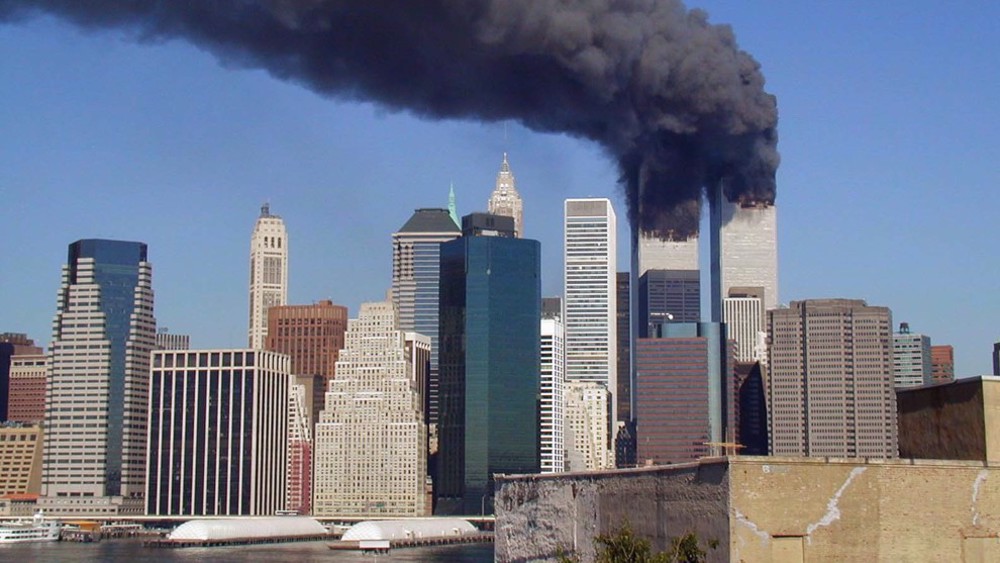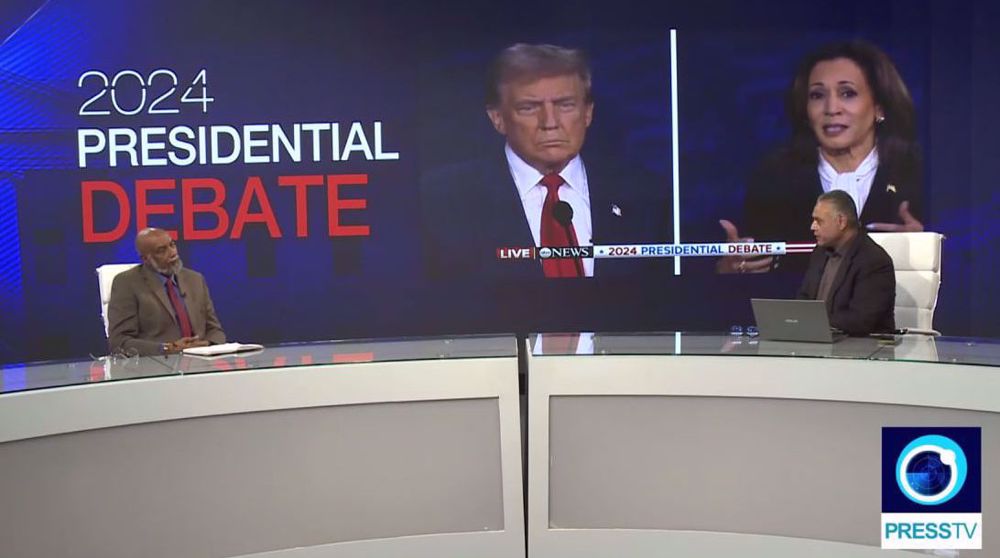'China's increased defense spending triggered by US military boost'
China is planning to increase its defense budget by about 7% this year. The move is being widely viewed as a response to a ten-percent hike in US military spending announced by President Donald Trump last week. Press TV has spoken to William Jones, with Executive Intelligence Review, and Michael Lane, the president of American Institute for Foreign Policy, to discuss the possible outcomes of an arms race between Washington and Beijing.
Michael Lane maintains that one must not compare the US military spending with that of other world powers, including China, stressing that the US military spending is well below the amount it used to be and thus a ten-percent raise is not going to change the situation drastically.
“I don't think you have to look at the United States defense spending in terms of how it compares to other countries,” he said, adding that the current budget should be reasonably compared to the US historical military spending.
He argued that for one thing, the dissolution of the Soviet Union brought the US military spending down and for another, a budget sequestration agreed between former president Barack Obama and the US Congress artificially depressed the military budget.
According to Lane, a 10-percent one-time increase in military spending is not going to get the US back to where it has been historically "If Donald Trump is serious about rebuilding the American military, it's going to take a multi-year sustained effort to get the country back to where it used to be."

Meanwhile, the other panelist on the show, William Jones, disagreed with Lane, saying the US is already spending more than any other country in the world militarily even though it is not being subjected to any threat.
“Obviously, the US which has functioned to a large extent as the policeman of the world, has a larger budget requirement than any other country. At the same time, this was a budget that was contingent on the Cold War [during] which the world was divided into two major systems,” Jones argued.
He further noted that what other countries, including China and Russia, are doing in terms of military spending is in reaction to the threats they have received from the United States and NATO countries.
“I feel that much of what they're doing is reactive to what the US is proposing. They have a much smaller military budget. The increases are also smaller. In fact, 7.6 percent is one of the lowest increases in the last decades. They (Chinese) have just begun to build a navy they didn't have during the whole course of the Cold War. So, they're starting from a very low scale,” Jones explained.
He also noted that the US has beefed up deployments in the South China Sea allegedly to protect freedom of navigation which “has never been threatened by China or anyone else."
China is engaged in a dispute with the Philippines, Malaysia, Brunei and Vietnam in the South China Sea, where they have overlapping claims of sovereignty over a series of islands and reefs. Beijing is also entangled in a similar territorial row with Japan elsewhere in the East China Sea.
In both cases, the United States has been fueling tensions between China and its neighbors by siding with Beijing’s rivals. Beijing has on numerous occasions slammed Washington for intervening in regional issues and deliberately escalating the situation in the disputed waters.
Four Palestinians killed in Israeli strikes on West Bank
Iran warns of ‘calculated, precise’ response to Israeli aggression
After year-long genocide, Israeli military hires private firms to flatten buildings in Gaza
Malaysia working on resolution to expel Israel from United Nations
Israeli military made no territorial gain in Lebanon: Report
VIDEO | 70 Palestinians killed in Israeli strikes across Gaza Strip
US Election Day: First votes cast in New Hampshire
Nov. 4: ‘Axis of Resistance’ operations against Israeli occupation









 This makes it easy to access the Press TV website
This makes it easy to access the Press TV website